














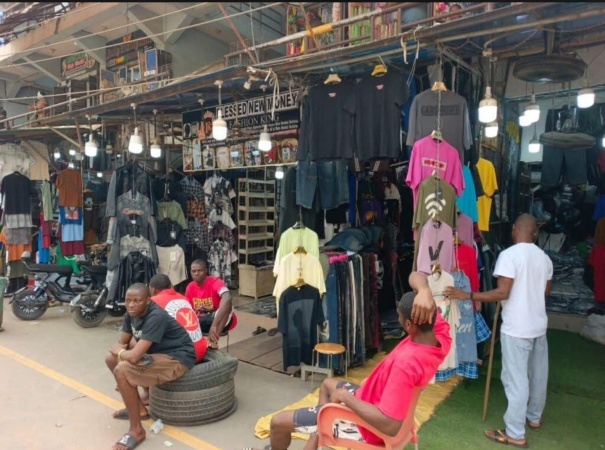

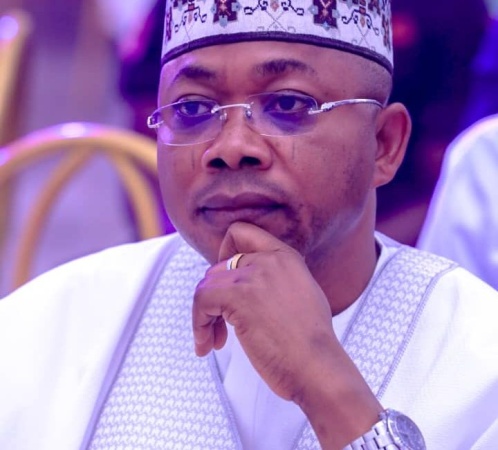


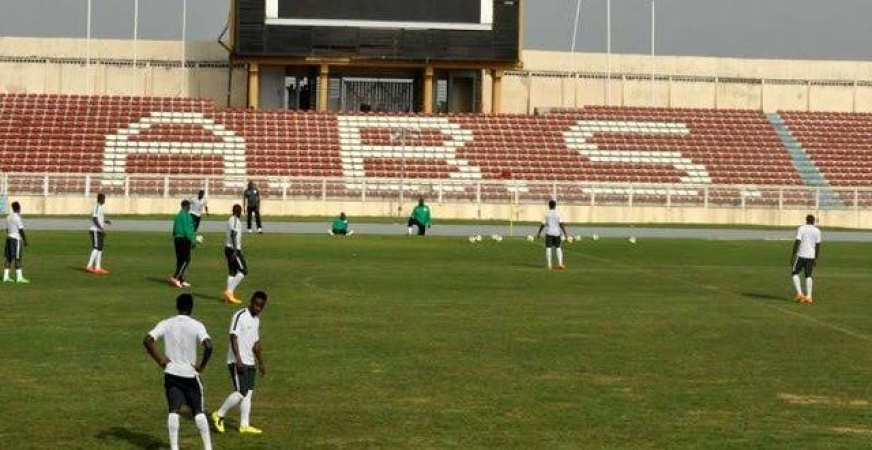

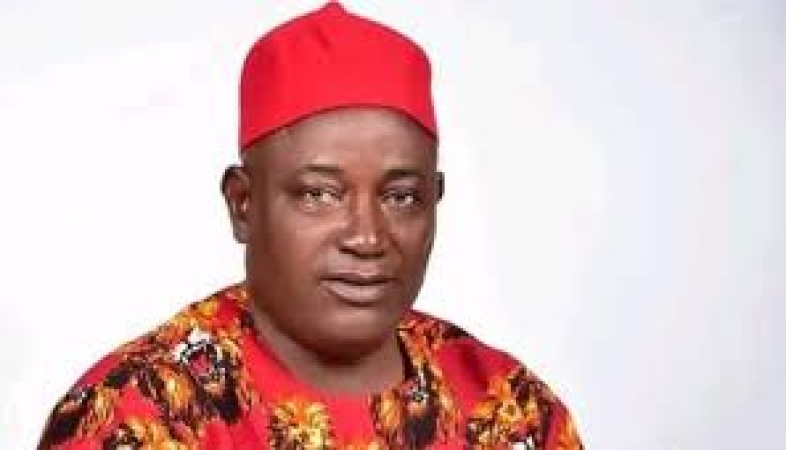

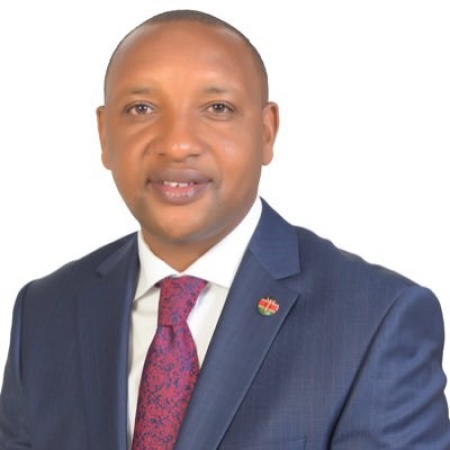

Loading banners


NEWS EXPRESS is Nigeria’s leading online newspaper. Published by Africa’s international award-winning journalist, Mr. Isaac Umunna, NEWS EXPRESS is Nigeria’s first truly professional online daily newspaper. It is published from Lagos, Nigeria’s economic and media hub, and has a provision for occasional special print editions. Thanks to our vast network of sources and dedicated team of professional journalists and contributors spread across Nigeria and overseas, NEWS EXPRESS has become synonymous with newsbreaks and exclusive stories from around the world.

Ten months into the cash transfer scheme, only one in three of the 15 million households targeted have received the transfers, even as Nigerians, particularly the vulnerable, continue to grapple with weak spending power.
?The government?s cash transfer program has reached 36 percent of the 15 million households targeted since October 2023,? PwC said in its latest mid-year outlook.
The Nigerian government deemed it necessary to provide cash transfers to its most vulnerable citizens after President Bola Tinubu embarked on some strings of reforms that triggered the worst cost-of-living crisis in a generation.
Removing fuel subsidies and floating the naira, though, has bolstered confidence in the economy, saw inflation jump to a record high, while the naira was devalued by about 70 percent, severely weakening consumers? purchasing power.
Since the program?s launch in October 2023, 5.6 million or 21 percent of the total targeted individuals received at least one payment, 2.4 million or 16 percent received a second, and 1.24 million or 8 percent received a third after biometric verification, PwC said in its report.
Determined to reach wider people and improve transparency, the federal government, in April, began a NIN enrollment campaign to update its Social Register, requiring at least one adult in each eligible household to be verified with a NIN or BVN before receiving cash transfer support.
?NIN registration, especially in rural areas of the country, may improve the ability of the government to provide support to the most vulnerable households around the country,? the professional services and advisory firm said.
Household spending to rise for first time in 3-yrs as inflation slows
However, Nigerian households are expected to spend more in 2025 than at any time in the past three years as inflation continues to decline, a shift that could mark a turning point for consumer demand in Africa?s most populous nation.
Real household spending is expected to rise to N25.7 trillion in 2025 after it contracted by 0.4 percent last year and 15.9 percent in 2023, according to PwC.
That may bring a breather to households who have endured the worst economic downturn in recent times. A rise reflects improved living standards and purchasing power.
The advisory firm, however, warned that persistent price pressures and high interest rates may hinder the projected recovery.
?Real household spending may begin to recover in 2025 after contractions during 2023 and 2024, however, the pace of recovery may be hindered by persistent price pressures, high rates, and ongoing fiscal constraints.?
Meanwhile, nominal household spending grew by 33 percent from N142.6 trillion in 2023 and it?s expected to hit N237 trillion in 2024. However, this was driven by rising food prices, transportation costs, and the cost of other essential household items.
Inflation to slow to 21.46%
PwC sees Nigeria?s inflation further moderating to 21.46 percent in 2025. This is supported by a tighter monetary policy and improved stability in the foreign exchange market.
Headline inflation has decelerated for the fourth consecutive month to 21.88 percent in July, a move that analysts say could pave the way for authorities to start lowering record high interest rates.
?With inflation on a downward trajectory, the CBN may begin a gradual easing of its monetary policy stance in H2 2025,? PwC said.
The naira is also expected to remain broadly stable through 2025, underpinned by ongoing CBN reforms and improved portfolio inflows.
GDP to expand to 3.4%
Following the rebasing of the economy, Nigeria?s GDP stood at 3.38 percent in 2024. But PwC sees the economy expanding modestly by 3.4 percent in 2025, supported by higher crude oil production and stronger performance in the Finance and Insurance, Construction, ICT, and Real estate sectors. (BusinessDay)